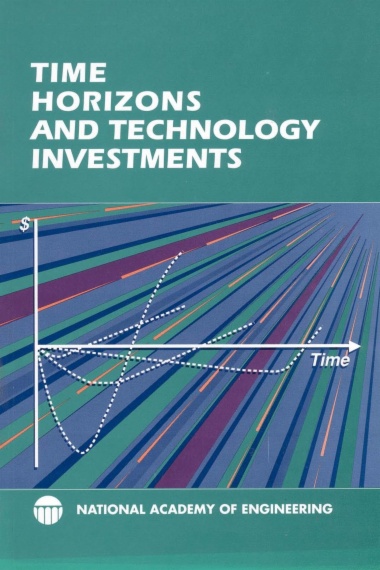

It is frequently argued that U.S. corporations have shorter time horizons for planning and investment than their Japanese and German competitors. This argument, though widely accepted in studies of U.S. competitiveness, has rarely been examined in depth.
Time Horizons and Technology Investments explores the evidence that some U.S. corporations consistently select projects biased toward short-term return and addresses factors influencing the time-related preferences of U.S. corporate managers in selecting projects for investment. It makes recommendations to policymakers and managers about policies to mitigate negative external influences and about strategies to remove internal biases toward noncompetitive decisions.